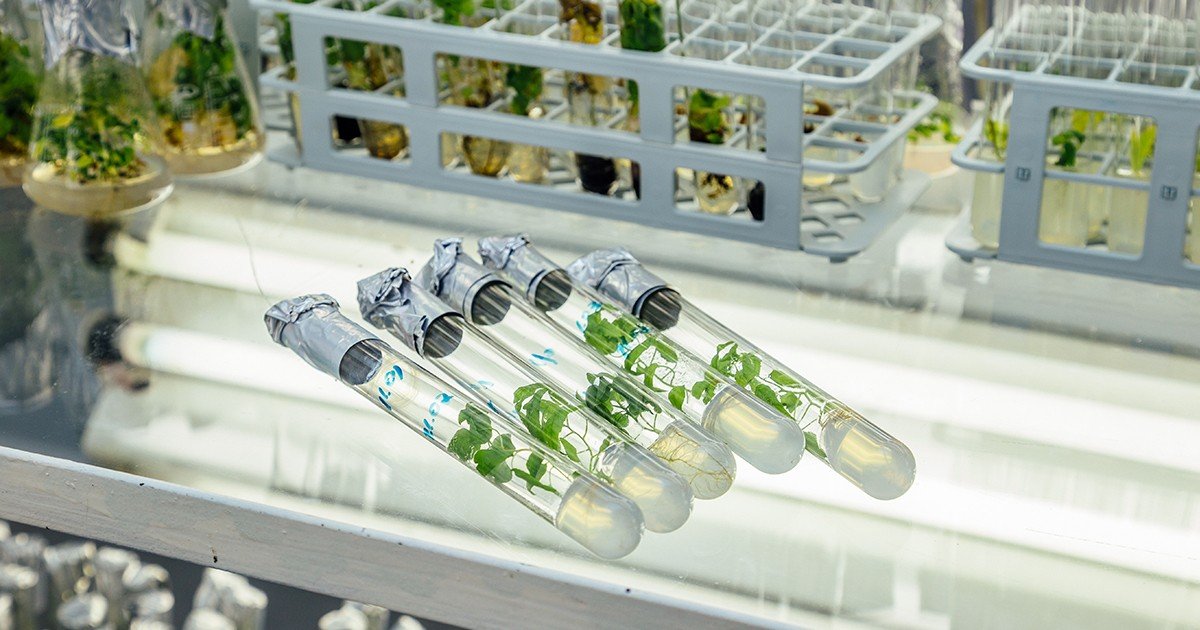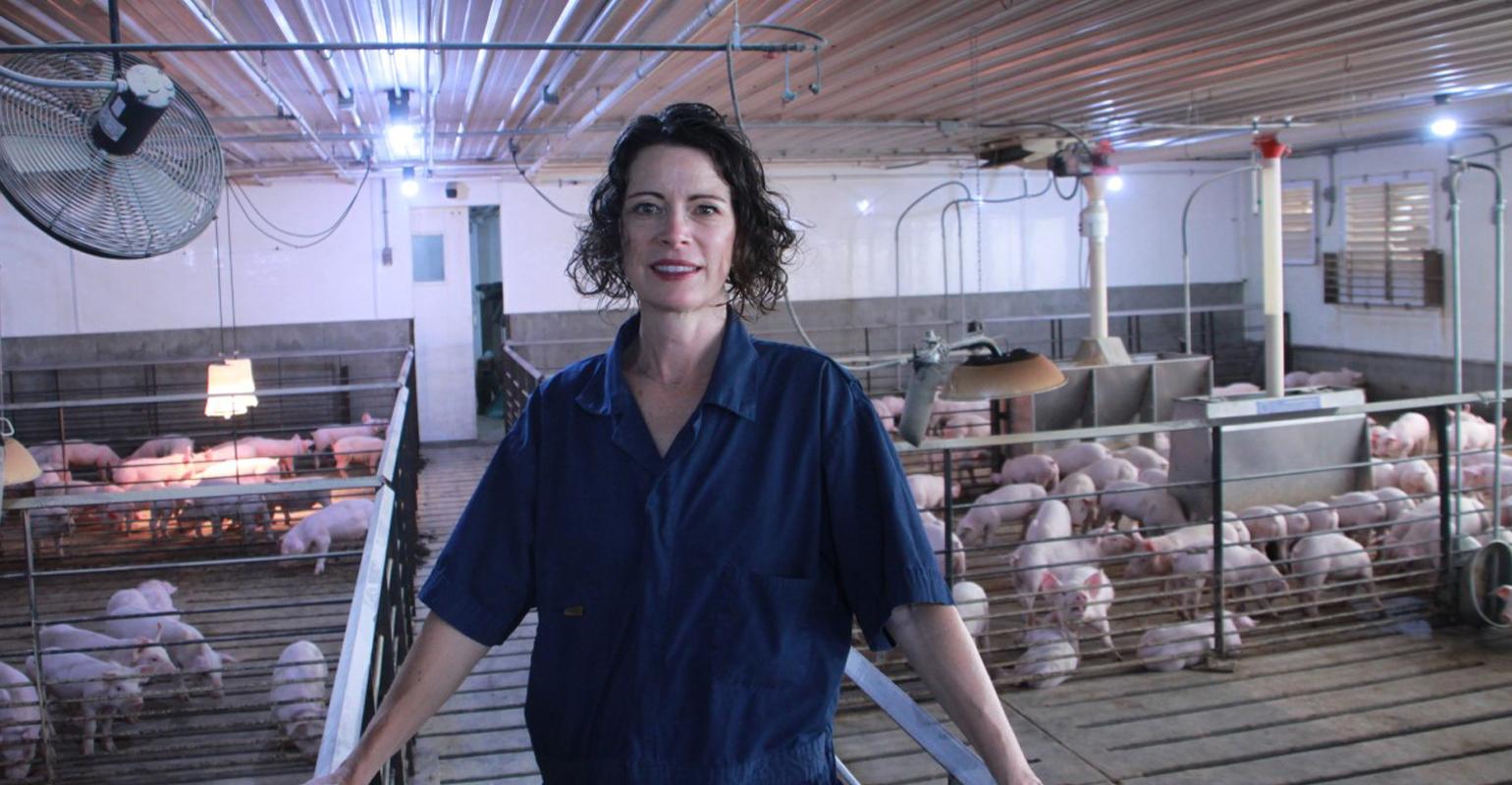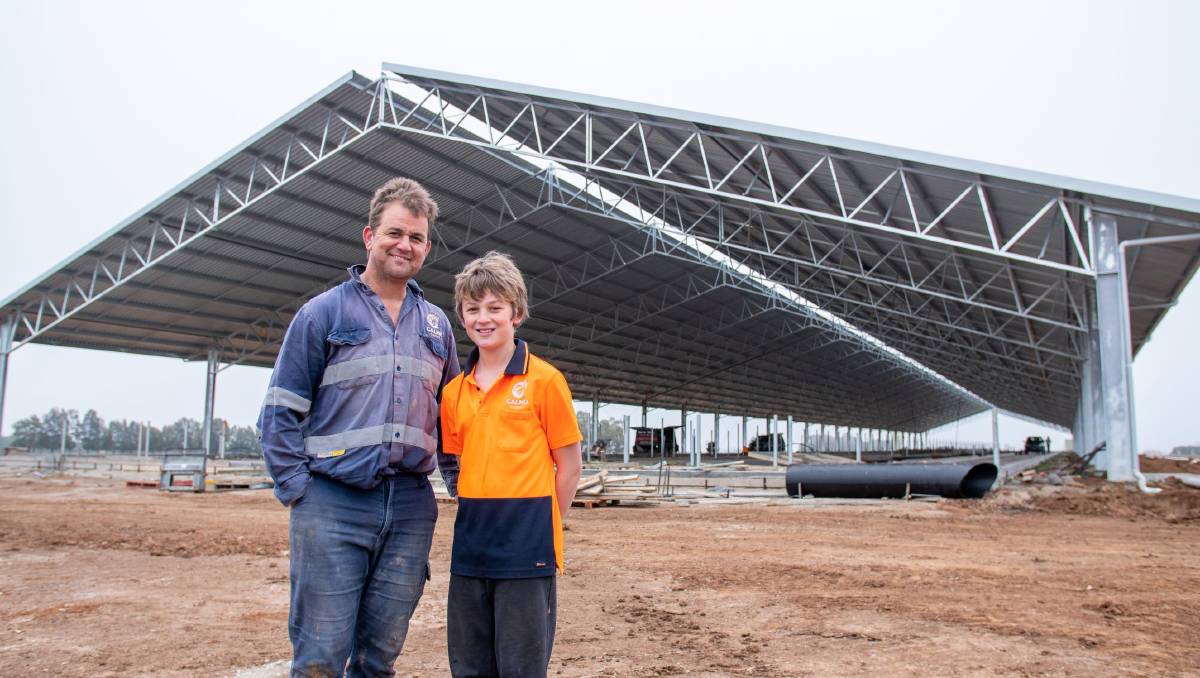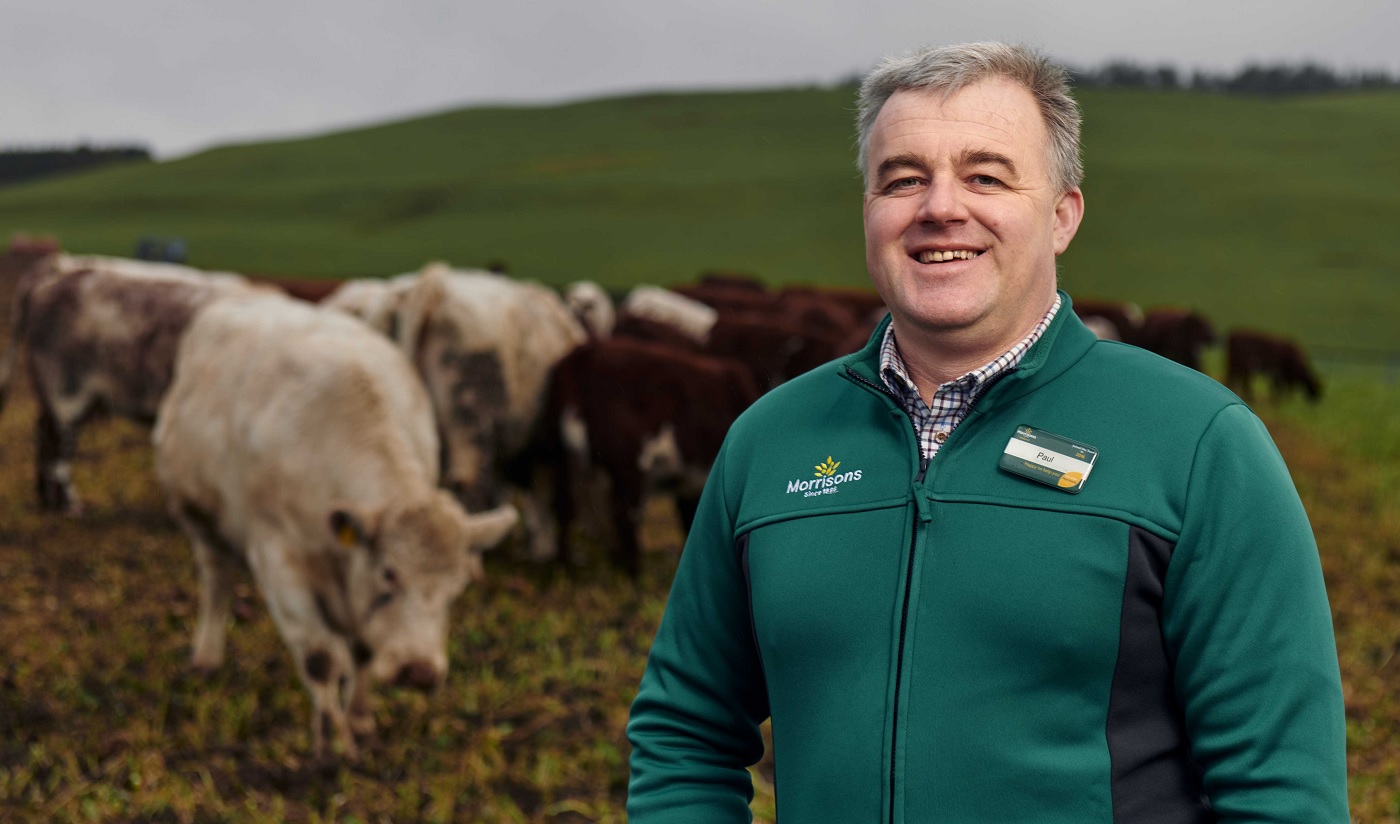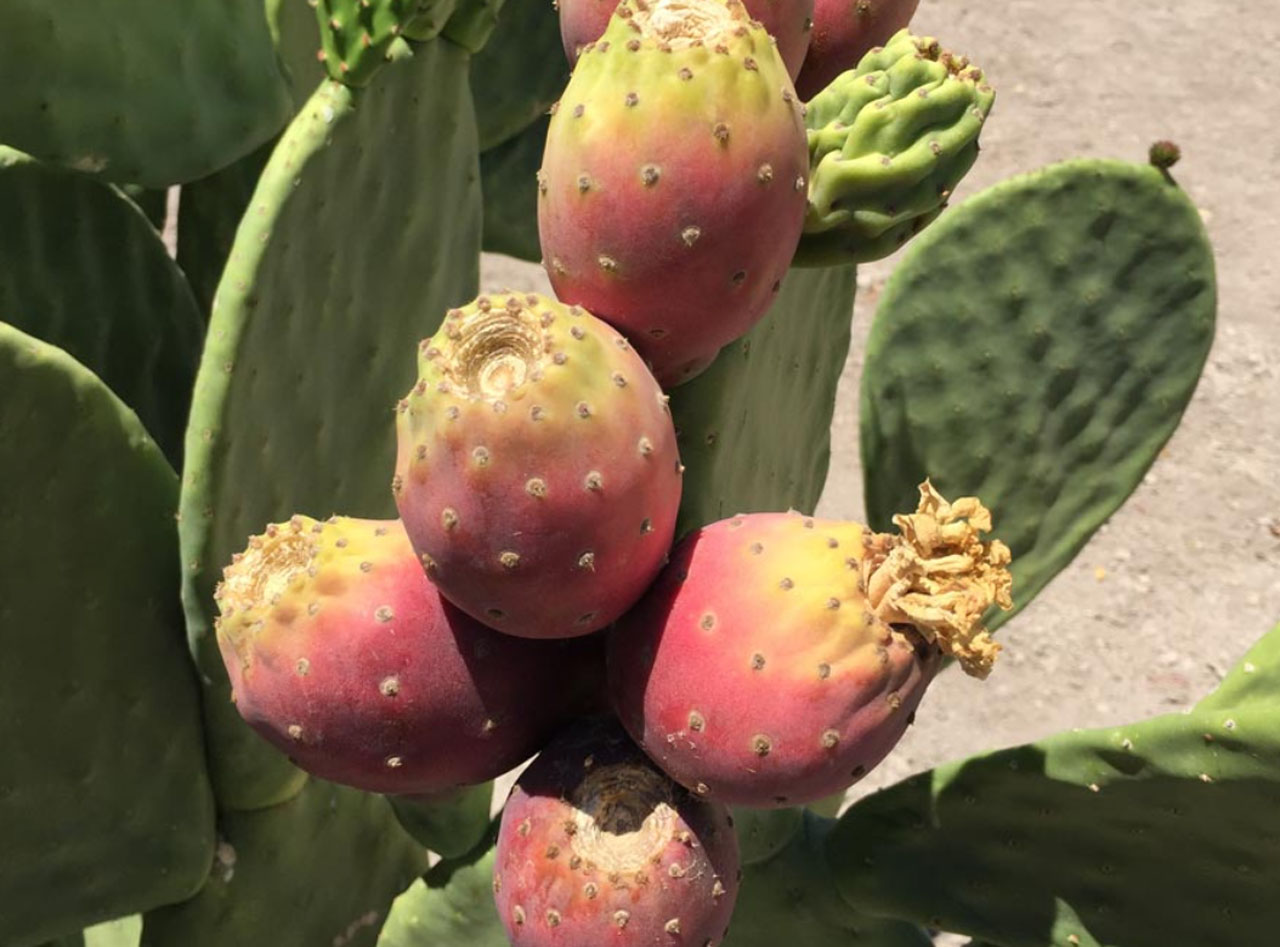 Nancy Kavazanjian
Nancy Kavazanjian
Topics: Forestry, Genes /Genetics, Climate Change,
Should We Genetically Engineer Carbon-Hungry Trees?
Genetically modified trees that are designed to grow faster and store more carbon could help reverse climate change.
-
(0)
-
Bookmark
- Comments (0)
 Nancy Kavazanjian
Nancy Kavazanjian
Topics: Agriculture US,
Celebrating women in agriculture
Farm Progress celebrates International Women’s Day with 33 influencers from across the nation.
-
(0)
-
Bookmark
- Comments (0)
 John LaRose Jr.
John LaRose Jr.
Topics: Agriculture US, Young Farmers, FFA/4-H, Education,
From FFA student to Doctor: How Dr. Jeneen Fields Followed Her Passion
From her youth, Dr. Fields has had a passion for gardening. It was that passion that led her to a high school known for its focus on agriculture.
-
(0)
-
Bookmark
- Comments (0)
 John LaRose Jr.
John LaRose Jr.
Topics: Precision AG , Vegetables, Agriculture Global, Water, Fishing (Commercial), Ag Innovation, Regenerative Agriculture,
Solar-powered floating farms that can produce 20 tons of vegetables every day
This next design is an innovative and new approach to traditional farming. It is an amazing solar powered floating island which is covered with several farms and was created by Forward Thinking Architecture. The floating islands work in a very energy efficient way, harvesting sunlight and rainwater, this way creating a sustainable environment. These floating […]
-
(0)
-
Bookmark
- Comments (0)
 John LaRose Jr.
John LaRose Jr.
Topics: Rice, Commodities, Sustainability, Trade (Commodities), World Hunger, World Population, Blockchain,
-
(0)
-
Bookmark
- Comments (0)
-
(0)
-
Bookmark
- Comments (0)
 John LaRose Jr.
John LaRose Jr.
Topics: Dairy, Economics, Sustainability, Research, World Population, Ag Australia/NZ,
Certainty and systems underpin business growth for Victorian dairy farm
When it comes to business, Jade Clymo refuses to accept the status quo. Growth has driven the success of his family farm and underpinned his passion for the dairy industry.
-
(0)
-
Bookmark
- Comments (0)
03/08/2021 SOURCE: www.thetelegraphandargus.co.uk
MORRISONS has pledged to become the first supermarket to be completely supplied by ‘zero emission’ British farms by 2030 – five years ahead of…
Morrisons pledges to have first net zero carbon British farms by 2030
-
(0)
-
Bookmark
- Comments. (0)
03/08/2021 SOURCE: www.slashgear.com
Agricultural activities use lots of water around the country each year as many areas don’t receive enough rainfall to adequately water crops without resorting to alternative watering methods.…
Researchers eye cactus as a drought-tolerant crop for biofuel and more
-
(0)
-
Bookmark
- Comments. (0)
 Matthew Kroger
Matthew Kroger
Topics: Gardening,
Made my own seed starter tent. What they want for these things on line is ridiculous...
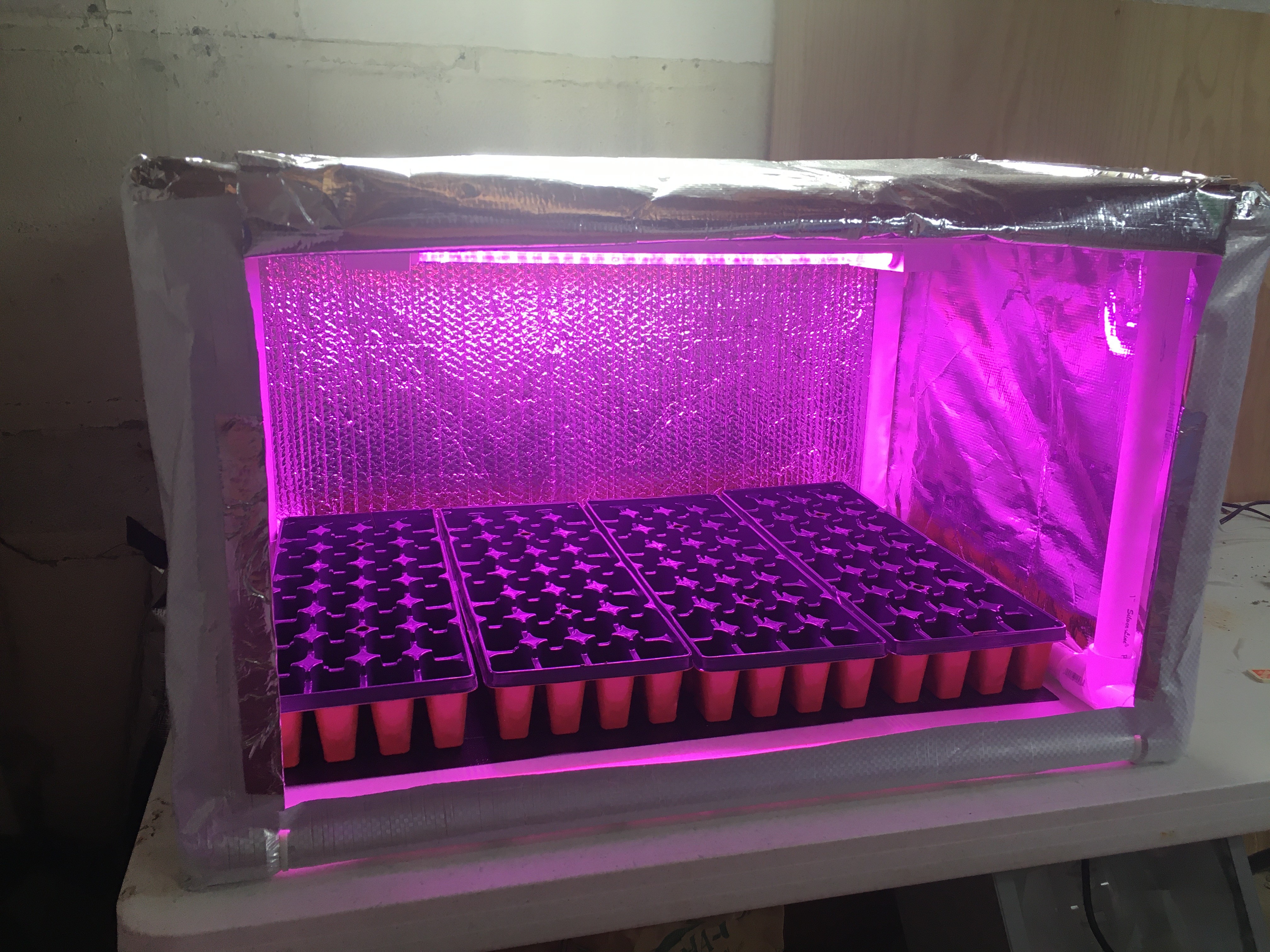
-
(0)
-
Bookmark
- Comments (0)


